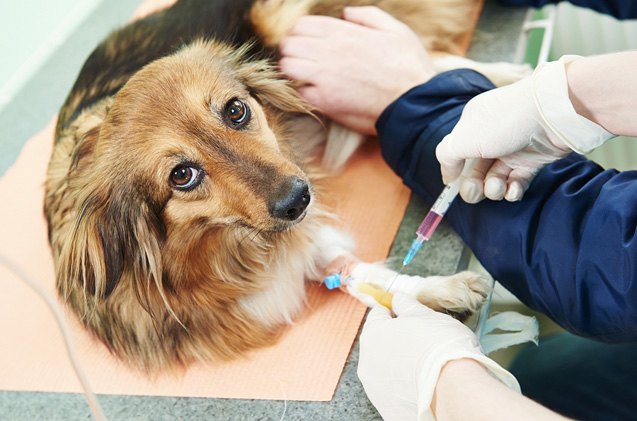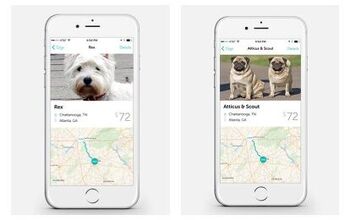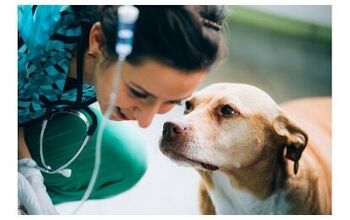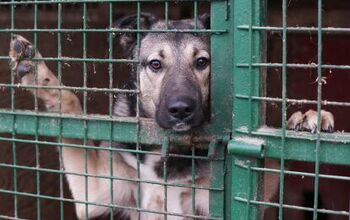Revolutionary New Blood Test Helps Diagnose Canine Cancer

For many of us, our pets are our best friends. They bring us love and joy in return for our care and protection. Unfortunately, sometimes we have to make the impossible choice in their best interest. In a perfect world, our dogs would live as long as we do, but that’s not the case. A few years back, I was faced with that decision and it was the hardest of my life. But it is our responsibility as pet owners to decide things when our dogs can’t.
Statistics show that one in four dogs will end up getting cancer, and 20 percent of those cases are lymphoma. Avacta Animal Health teamed up with the University of Leichester and together came up with a revolutionary new test to help diagnose and monitor lymphoma cases in dogs. A simple blood test can determine an initial diagnosis, and help test for remission.
If a dog is diagnosed with lymphoma, the owner then decides whether or not to put the dog through chemotherapy. For the first round, the chemo is typically very effective. But afterward, the only test to see if there’s a recurrence is to palpate the lymph nodes. Owners are taught to feel the dog for lumps. This method tends to catch it when it’s too late, and the chemo is less effective the second time around. With the canine Lymphoma Blood Test (cLBT), it can be detected before there are any physical lumps, making it much easier to treat.
The test has been wildly successful, and gives us hope for our furry friends. Chief Scientific Officer at Avacta Animal Health, Kevin Slater, said: “The collaboration we have with the University of Leicester’s Department of Mathematics is having a dramatic impact on the types of new tests that we can offer to vets and their owners. We are already widening the application of multivariate analysis to other diseases which commonly affect our pets, and subsequently, this work could also have benefits to human health.”
With a breakthrough of this magnitude, I can’t wait to see what’s on the horizon for pet medicine.
For more information on the cLBT visit Avacta Animal Health’s website
[Source: Science Daily]

Rachel Leavy lives in Rochester, New York with her dog, Maria, and her gecko, Nigel. She has loved animals all her life, and has owned her own dog training and walking company for five years. When she's not playing with puppies, she can usually be found writing short stories, riding horses or out at a play.
More by Rachel Leavy






















